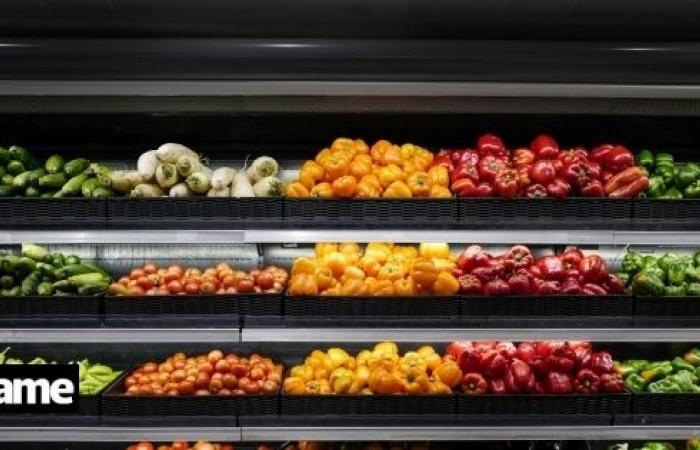If we count from the date it was announced, VAT Zero was 76% effective in effectively reducing the prices of goods included in the basket, according to a study now published by Banco de Portugal. Even so, during the approximately nine months it was in force, the measure was practically fully reflected.
The program was announced on March 24, 2023, but its actual implementation would only happen almost a month later, on April 18. During this period – between announcement and entry into force – supermarkets increased the relative prices of targeted products by 1.3% compared to those that were not included.
“Supermarkets reflected three quarters of the tax reduction in prices”, Márcia Silva Pereira, one of the economists responsible for the study, begins by explaining to EXAME. Even so, she adds that “it can be considered that it was effective in that supermarkets passed on the VAT reduction to consumers almost in full at the time of implementing the measure”.
The analysis published on the Banco de Portugal website studied three different phases: before implementation, during and in the period in which the measure was withdrawn by the Government, on January 5th. This mechanism reduced VAT on 46 essential goods from 6% to 0%.
At the time of the announcement, the measure divided opinions in the public space and in the Government itself. On the one hand, it was argued that this type of solution had rarely worked, because the VAT reduction would be absorbed by supermarkets – after observing the Spanish case, implemented weeks before. Fernando Medina, Minister of Finance at the time, publicly denied the benefits of the measure, claiming that it would have practically no effect, before implementing it.
And in academia itself, there are different studies that show different conclusions. In this analysis, economists cite analyzes that estimate efficiencies ranging from 53% to 93%, for example.
“Many studies estimate that, when there are VAT reductions, retailers absorb a greater part of the tax, which does not seem to be the case here. The effectiveness of this measure is linked to several factors, an example of which is (i) the measure being implemented in a period of high inflation in which consumers are more attentive to prices, (ii) the way in which it was discussed with other economic agents , representatives of various agents throughout the production and distribution chain and (iii) scrutiny from the media and media attention. This tells us that these points are key in similar future measures”, continues the economist.
After the measure was officially withdrawn, the expectation would be a 6% increase in the price of products that were covered until then. But what happened was slightly different: the price of these goods rose just 4.2%.
Márcia Silva Pereira explains that “this could be due to several factors, but given that prices had already started to increase in December 2023, there may have been an anticipation of the reversal of the measure. As this coincided with Christmas and New Year, which are always times of greater demand and price increases, it is difficult to separate which part of the increase in December 2023 is due to these holidays or the anticipation of the zero VAT reversal” .
The study on the effect of Zero VAT in Portugal was prepared by four economists: Márcia Silva Pereira, Tiago Bernardino, Ricardo Duque Gabriel and João Quelhas.






